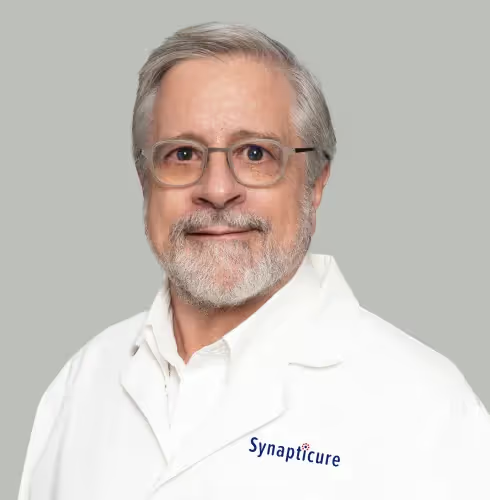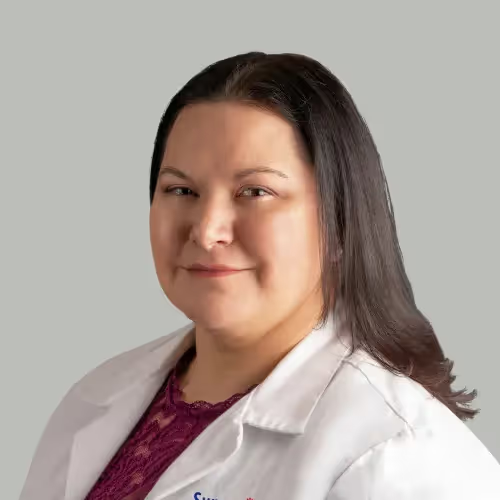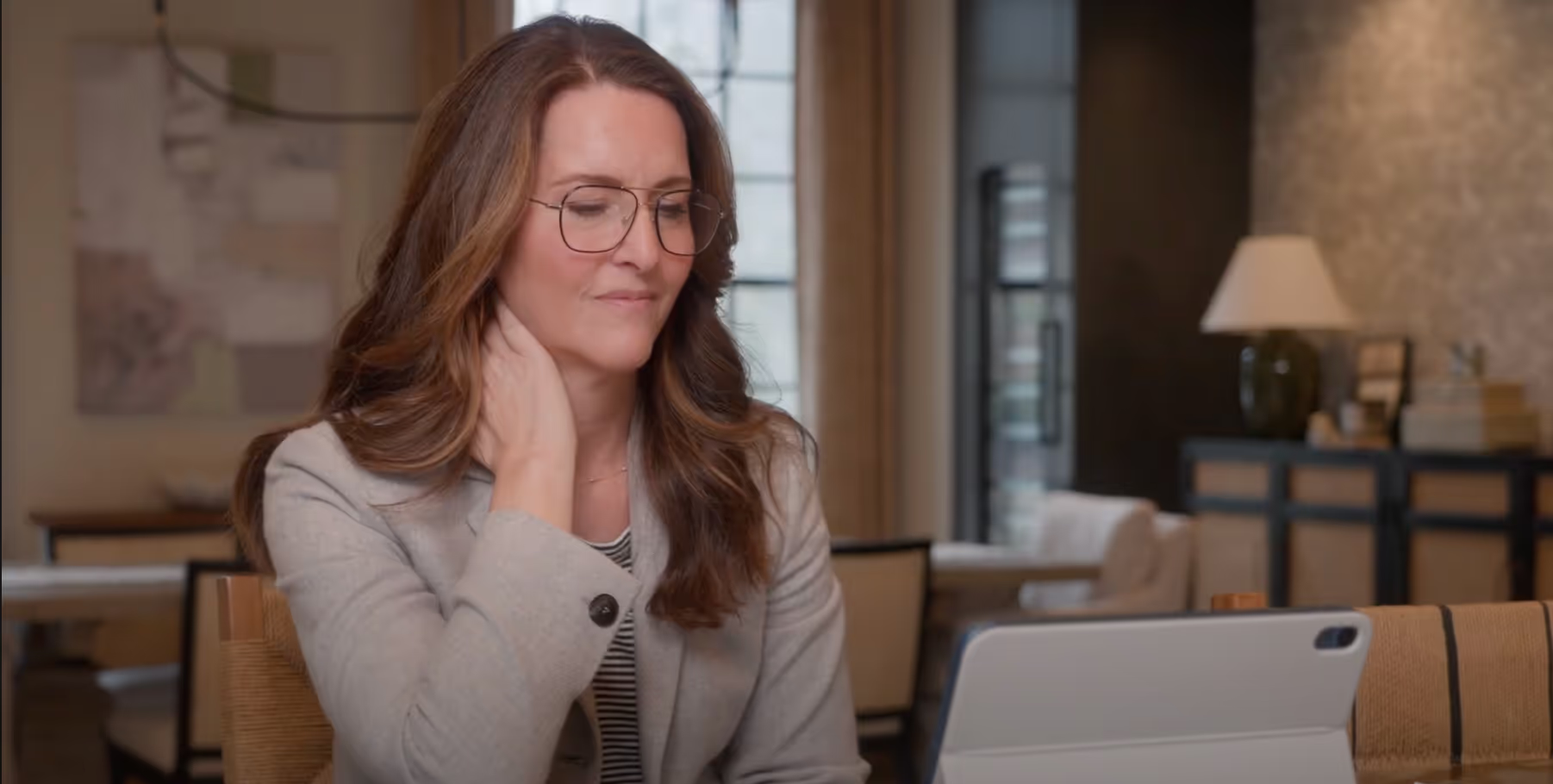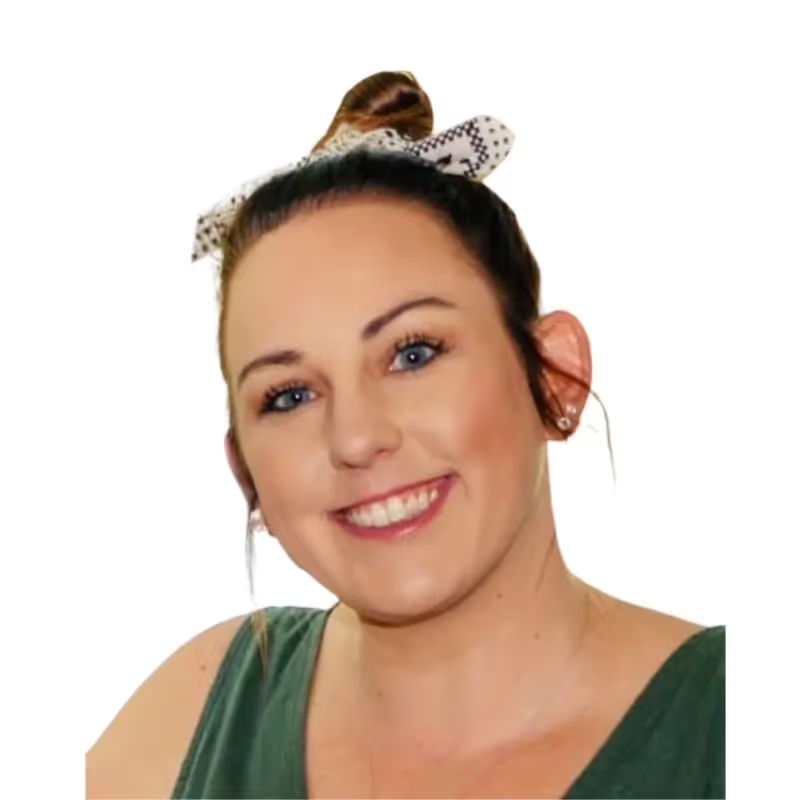Synapticure was born from a simple question: could we improve care and accelerate treatments for neurodegenerative diseases, starting with ALS, if we better connected and integrated the assets and capabilities these communities already have? Over the next few weeks, we’re going to explore that question. We’re going to look at what those assets and capabilities are, how they connect (or don’t) today, what the possibilities are, and what the future might look like.
In doing so, while we continue to share Synapticure stories, as we have been, we’re also going to take a step back and share a look at why we–at Synapticure–are here, and at what we’re doing. What follows is the first part of that look. (Several more will follow.) Starting here with what the existing ALS care ecosystem looks like today.
We know what advanced ALS care is. It’s access to treatments and comprehensive care managed by specialists. It’s genetic testing, and it’s access to experimental medicines. It’s humanistic–focused on you, your question, and your disease. It’s personalized and precise, and it upholds each person’s values.
We also know what such care can do for a person with ALS. It can slow progression. It can improve quality of life. It can engage people where they are and on their terms, and can help lift the burden of care. It can delay invasive interventions, and it can produce previously unheard-of outcomes.
Unfortunately, this isn’t what most people with ALS experience. The system has blocks and limitations that restrict how care is distributed, leading to uneven access–often along geographic, social, economic, and educational lines. Diagnosis is a difficult, anxiety-provoking, and unnecessarily long journey that can take 12+ months, often too long for many to receive advanced care when it can still help. Harder-to-reach patients outside of major urban centers have fewer options. Not to mention that the physical limitations imposed by ALS make access universally difficult. The administrative burdens of managing insurance coverage and government programs make controlling costs a challenge. Additionally, a complex clinical trial and expanded-access-program landscape frustrates patients, clinicians, and researchers alike, not only depriving patients of potentially disease-altering medicines, but depriving drug-developers of the trial participants they need to advance therapeutic research.
The disconnect–between the promise of care in theory and the reality of care in practice–is not for lack of capability. The pieces are all there. ALS Centers of Excellence and academic medical centers deliver cutting-edge care to a high standard. ALS non-profits provide a variety of support services. Researchers make continued breakthroughs on the causes and genetic origins of ALS. The biotech sector is sponsoring an unprecedented number of clinical trials, investigating everything from small molecules to ASOs and gene therapy.
Instead, the disconnect is the result of a coordination problem. Despite the ALS community’s capabilities, what most patients experience–indeed, what many clinicians and researchers experience too–is a system that is fragmented, confusing, and difficult to access. That system doesn’t connect the patients to advanced care. Nor does it connect them to the academic researchers (who need data to make advancements) or the drug-developers (who need patients in their trials). The result is a loss for everyone, as care falls short, research slows, and trials fail. Additionally, the presymptomatic carriers of disease can be difficult to identify and provide care for. Moreover, these patients are of high importance and value to clinicians and researchers, and to the drug developers looking for treatments that may slow or stop progression.
What we’re going to spend the rest of the posts in this series diving into is what might be possible if we solved that coordination problem, and how Synapticure is tackling it. Could we help realize the promise of advanced ALS care for more patients? Could we help deliver that care at lower cost? Could we personalize that care, ensuring that each patient is heard and their individual needs and wants made paramount? And could we do all this in a way that also helps drive research and therapeutic development–by, for example, connecting eligible patients with genetic testing and clinical trials? We firmly believe the answer to all of these questions is “yes.” Next, we’ll look at how we created Synapticure to make that answer real.






.avif)




.png)


